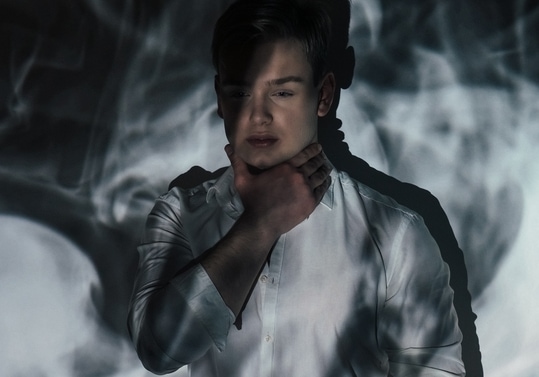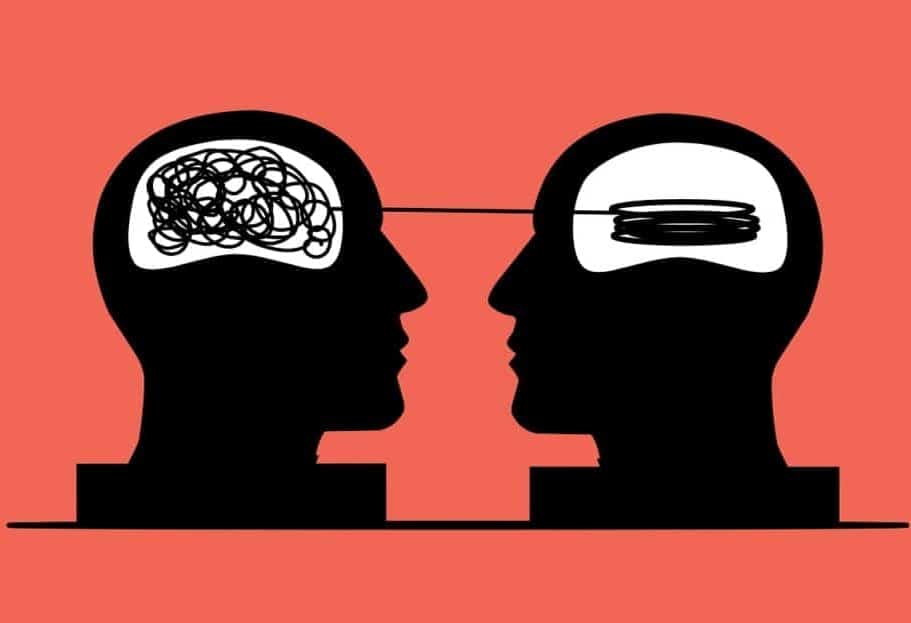Treatment for Panic Attacks. Introduction

Panic attack describes a state of intense fear combined with variety of symptoms like chest pain, flashing vision, nausea, numbness and very frequent a subjective feeling of an immediate death. They feel like an inexplicable and unthinkable traumatic event.
“The panic episode is like a repetitive micro-delusion exposing the patient to a concrete experience of dying, suddenly facing him with a ‘nameless’ dread and provoking in him that fear of annihilation, biological as well as psychological, that has the power of destructing the mind and damaging any sense of existential continuity and integrity” (Francesco De Massi).
Panic disorder is treatable a very condition. In this article we describe different methods of treatment for panic attacks.
Panic Disorder, treatment with medication
Medication can reduce or even fully suppress the symptoms of the panic disorder. In severe cases of panic attacks, the pharmacological approach to panic attack treatment “opens the door” for psychotherapy. Patients “paralyzed” by severe panic attacks are too fragile and not accessible for psychotherapy. The medication works quickly reducing the symptoms within days and suppressing the symptoms completely within a few weeks.
Treatment with medication alone?
Despite its effectiveness this method of panic attack treatment will not resolve the problem. The state-of-the-art treatment of panic disorder is the combination of medication (highly effective in a short amount of time) and psychotherapy that addresses the underlying causes of the panic disorder. According to author’s own 30 years of clinical experience, medication can fully suppress the symptoms of panic attacks. However, suppressing the symptoms with medication doesn’t constitute a holistic approach to panic attack treatment. This does not “cure” the patient. The medication will facilitate a stable mental condition and protect the patient from the terror of panic attacks. The patient will be able maintain his private and professional performance and will be able to address underlying causes of his disorder with psychotherapy. Psychotherapy is more effective in the long term (more than one year) than pharmacological treatment.
The medication used for treatment of panic attacks
Medication effectively treats panic attacks. The treatment should be implemented gradually combining different classes of medication. Within six to eight weeks, the symptoms can be fully under control using monotherapy with antidepressants.
Benzodiazepines
The anti-anxiety medication, such as benzodiazepines are widely used due to their rapid effects. When taken during a panic attack, these drugs can provide relief within just ten or fifteen minutes. Despite their fast-acting nature, benzodiazepines do not suppress the anxiety for longer than few hours. Therefore, benzodiazepines should only be used for a short period during the initial stage of treatment.
Antidepressants
This group of medication is used in treatment of depression, but they are also highly effective in panic attack treatment. They do not work straightaway. It takes few weeks before their effect builds up and may take up to 8-12 weeks to fully work. There are several types of antidepressants. The proper choice of the medication and psychotherapy technique is crucial for the effectiveness of the treatment.
Psychotherapy in the treatment of panic attacks

A body of research compared behavioral, cognitive, and cognitive behavioral therapy (CBT) in the treatment of panic attacks and concluded that CBT had the best long-term effect, which makes it an evidence-based treatment approach.
Recent studies proved that psychodynamic psychotherapy is equally effective in relieving panic attacks as behavioral approaches but has fewer relapses.
Behavioral therapy (exposure therapy)
In exposure therapy for panic disorder treatment the patient will be exposed to the physical sensations of panic in a safe and controlled environment, giving him the opportunity to learn healthier ways of coping. The psychotherapist may evoke sensations like the symptoms of panic. With each exposure, the patient can become less afraid of these internal bodily sensations feeling a greater sense of control. Through this experience the patient learns that the situation isn’t harmful. Behavioral therapy aims to identify and change harmful patterns of behaviour.
Cognitive therapy

Cognitive therapy is based on the idea that certain ways of thinking triggers and maintains panic attacks. This type of panic attack treatment is focused on the understanding of patient’s thought patterns to identify any harmful, unhelpful, and mistaken ideas or thoughts. The aim of cognitive therapy is to change how people think to avoid the pathogenic ideas and create more realistic and helpful thought patterns.
Cognitive Behavioral Therapy (CBT)
CBT is a mixture of the above-described therapies where the patient benefits from changing both thoughts and behaviours. Cognitive behavioral therapy is viewed as the most effective form of treatment for panic disorders. CBT focuses on the thinking patterns and behaviours that are sustaining or triggering the panic attacks. It helps the patient create insight showing his fears in a more realistic light. Once the patient learns that nothing truly disastrous is going to happen, the experience of panic becomes less terrifying.
Psychodynamic Psychotherapy

Psychoanalytic/psychodynamic treatment for panic disorder attempts to uncover unconscious conflicts within the patient’s mind. From the psychoanalytical point of view, the panic attacks are caused by a fragile self-defence. The clinical experience teaches us that the symptoms of panic are always accompanied by an identity defect and betrays a failure of the self.
Psychodynamic approach
The psychodynamic treatment of panic attacks focuses on two goals.
At the beginning the therapist aims to help the patient comprehend the root cause of his anxiety, the internal conflict, he is not aware of. Then the therapist assists the patient in developing an insight into the problem. The awareness of the conflict opens the way for the integration of repressed emotions.
Throughout the analytical treatment, the frequency and intensity of panic attacks decrease, ultimately resulting in complete recovery. By exploring the patient’s inner world, the therapy enables him to make the necessary changes to restore emotional stability.
The second condition is to help the patient build a stable and permanent sense of self. Building a stable “self” is a process of developing individuality with the capacity to formulate autonomous opinions and thoughts to attain emotional experiences. The patient can be freed from inhibitions, self-indulgences, unconditional conformity and make his own ethical decisions. Psychodynamic psychotherapy focuses on the root causes of the disorder and less on the symptoms. This approach is causal in its nature. The psychotherapeutic process lasts for several months and sometimes even up to two years.
Conclusion
Summarizing Panic disorder is a treatable condition with a good prognosis. The state-of-the-art therapy is a combination of pharmacological treatment (medication) and psychotherapy. Most of the surveys show the high effectiveness of cognitive behavioral therapy (CBT) as well as psychodynamic psychotherapy.

DR. GREGOR KOWAL
Senior Consultant in Psychiatry,
Psychotherapy And Family Medicine
(German Board)
Call +971 4 457 4240
